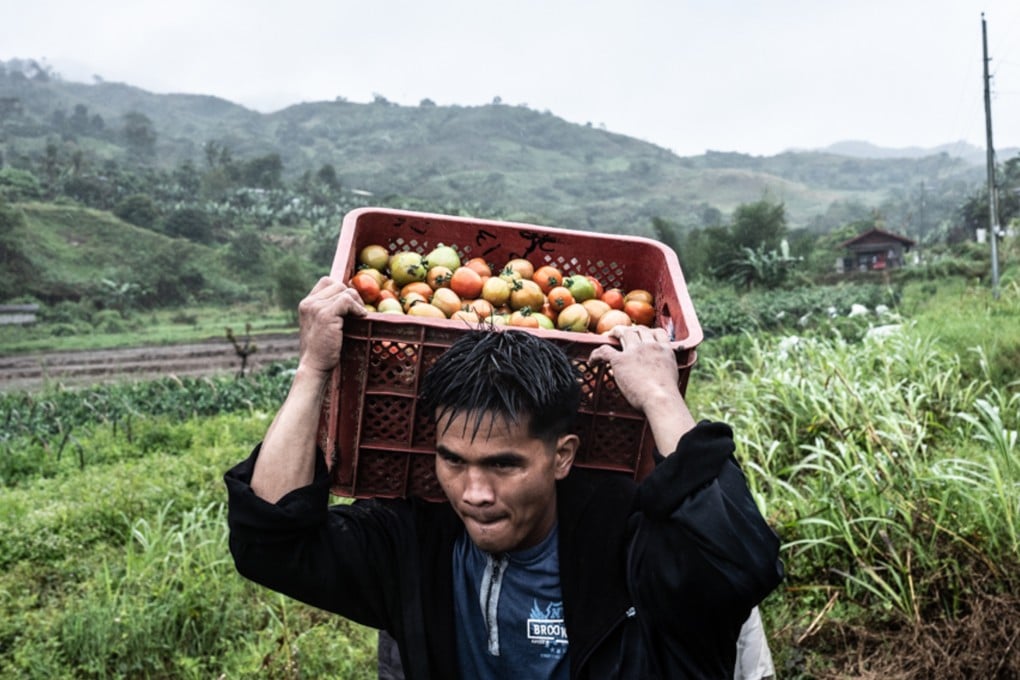Hunger and debt: hit by Covid-19, farmers in the Philippines hope their children follow a different path
- Covid-19 restrictions have disrupted the supply of vegetables, devastating the livelihood of farmers in the Philippines
- Some are migrants who lost their jobs overseas and returned home to become farmers, others are families who never left their land. Many fear hunger, while falling into debt

An agricultural region eight hours’ drive from the nation’s capital and known as “the salad bowl of the north”, it supplies most of its vegetables to Manila despite not having an airport of its own. Vegetables travel by trucks daily from the upland green plots to the tables of the capital’s residents.
Mary Ann Esteban, 47, who worked in Dubai as an airport ground crew member for 19 years, lost her job in October as a result of the pandemic.
“I left the country and my family because we experienced hunger and it broke my heart,” she recalled.
Esteban, a single mother of four, started farming in Kasibu – a municipality in the province of Nueva Vizcaya – to continue providing for her family and for the youngest one, aged 19, to finish school.
She is now growing vegetables as well as rice, while raising pigs and running a small shop.